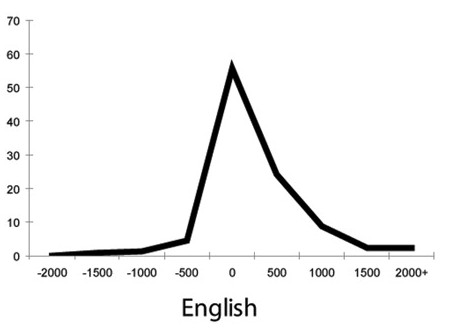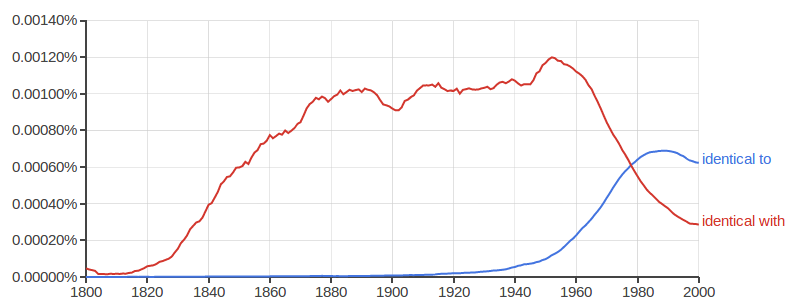The Gladwell pivot
Below is a guest post by Mark Seidenberg on Malcolm Gladwell's recent book, David and Goliath, which promotes the idea that apparent disadvantages are often actually advantages, and in particular suggests that dyslexia might be Good For You.
This piece is commentary on a chapter about dyslexia in Malcolm Gladwell’s latest book. I don’t follow his work closely, and the book is being reviewed and critiqued everywhere, but I thought the chapter merited a response from somebody, like me, who studies dyslexia and works with local advocacy groups for dyslexics and their families. The chapter deserves s a line-by-line analysis; what I’ve written only mentions the main issues. The document incorporates several key points that were handed to me by Maryellen MacDonald, for which I thank her, a lot.
__________________________Mark Seidenberg
__________________________Language and Cognitive Neuroscience Lab
__________________________University of Wisconsin-Madison
Read the rest of this entry »







